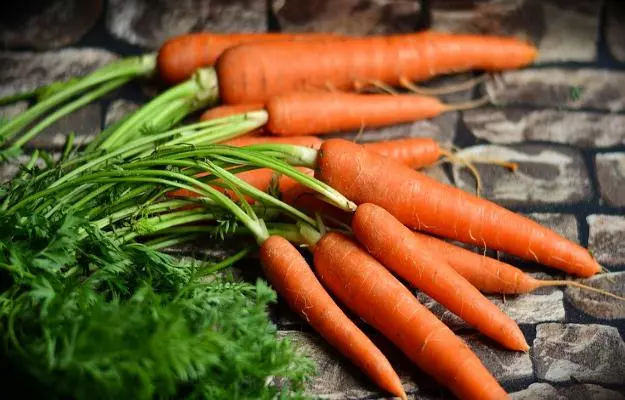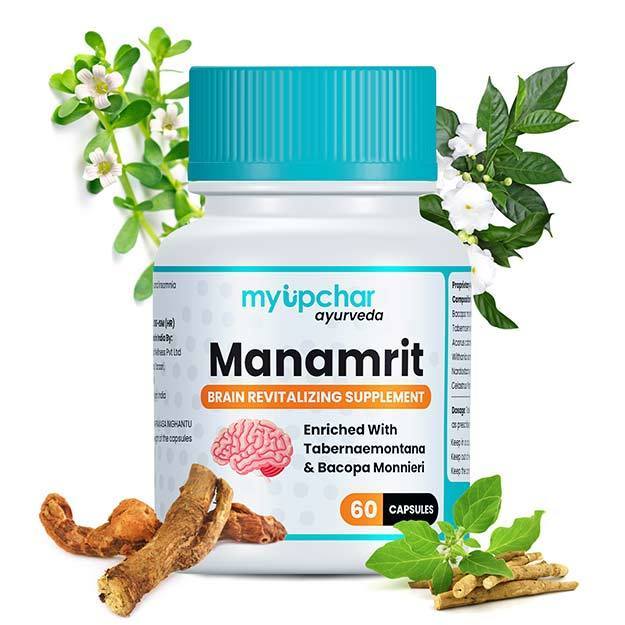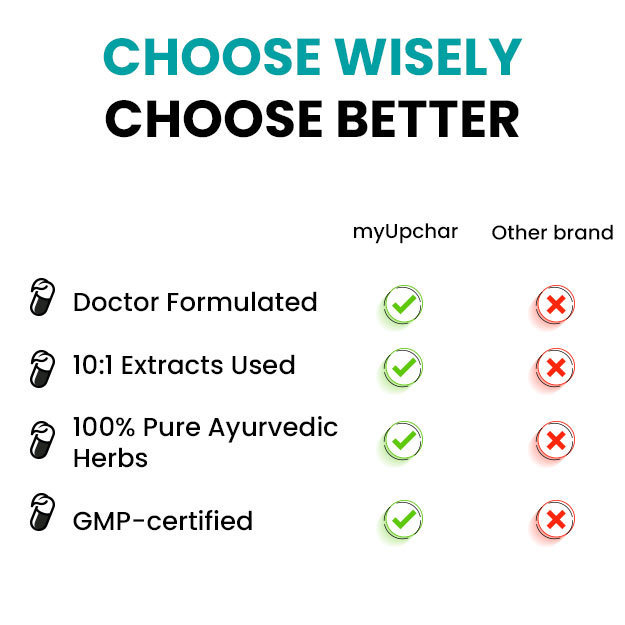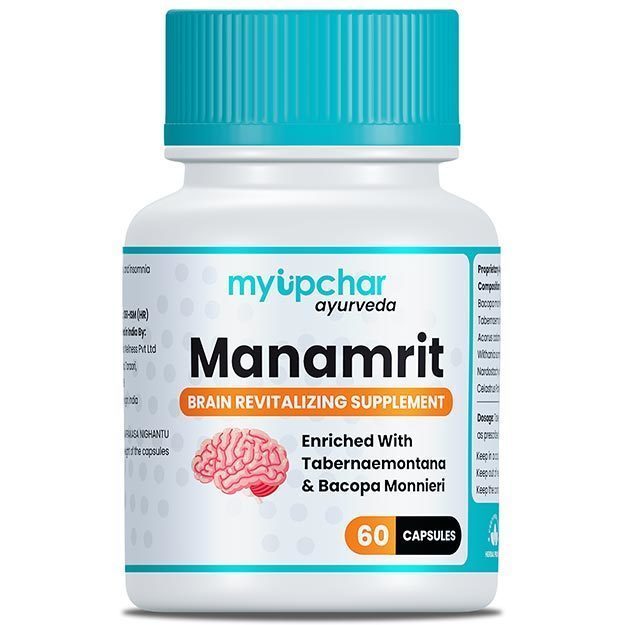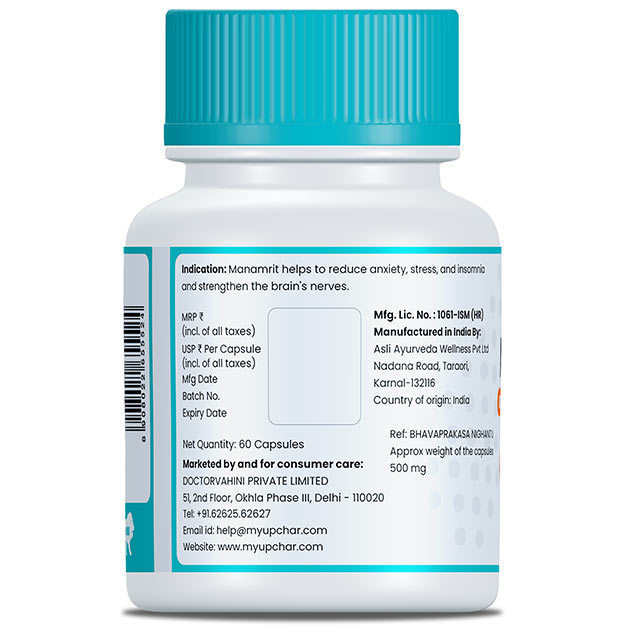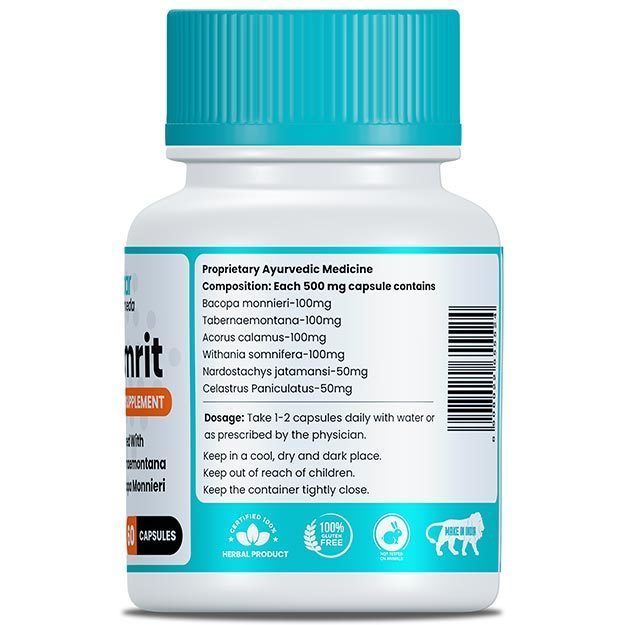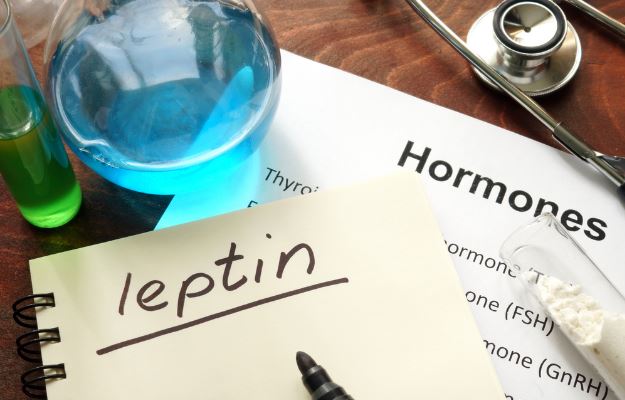Carrot is a root vegetable obtained from the biennial plant, Daucus carota. Belonging to the aromatic family- Apiaceae, it has been used for its crunchy taste and myriad health benefits since ancient times.
According to some historians, carrots were first used for medicinal purposes and gradually transitioned to be used as food. They were probably grown first in Asia.
The earliest variety of this vegetable dates back to the 10th century. They are believed to be quite different from the carrots of present times and are known to have been purple or white in colour. The orange coloured variant of this plant was developed in Central Europe in 15th and 16th Century. Curious isn't it.
Did you know?
Anthocyanins and Carotenoids are the two major antioxidant pigments found in carrots. These are responsible for the varied colouration in carrot varieties.
Orange carrots are high in alpha and beta-carotene which are a rich source of provitamin A. The yellow colour of the carrots is due to the presence of lutein. High concentration of the pigment lycopene contributes to the red colour of the carrots. On the other hand, carrots which are rich in anthocyanins are purple in colour.
The white-fleshed cultivars have a very small amount of pigments and hence the absence of colour. The red coloured varieties have a high content of lycopene. For the orange and yellow coloured varieties, the carotene content increases with their growth. There is more carotene present in the cortex than in the core.
Went a bit overboard with colours, right? But it's quite interesting that the same pigments which are responsible for filling all those colours in carrots also exhibit some health benefiting properties. Anthocyanins, for example, are excellent for remedying pain and inflammation and beta-carotene is what makes carrots to be the best friend to your eyes. And that is not even the beginning of what this bright taproot has to offer.
Some basic facts about carrot:
- Scientific Name: Daucus carota L.
- Family: Apiaceae
- Common Name: Carrot, Gajar
- Sanskrit name: गृञ्जनं Gṛñjanaṁ
- Parts used: The taproot is the most edible part of a carrot and the green leaves can be used as salad.
- Native Region and Geographical Distribution: Carrot is commonly grown in Britain and Ireland, especially in the coastal areas. It is also cultivated in temperate parts of Europe and Southwest Asia, but its origin is believed to be from western Asia from where it was sent to Europe several hundred years ago. In other parts of the world, including Australia and North America, carrot is an introduced alien species. In India, Punjab, Haryana, Uttar Pradesh, Andhra Pradesh and Karnataka are major producers of carrot.
- Fun fact: Eating too many carrots can turn your skin orange. It is a medical condition called carotenemia which turns your skin into a funny, cartoon-like orange colour. The condition is generally harmless.

